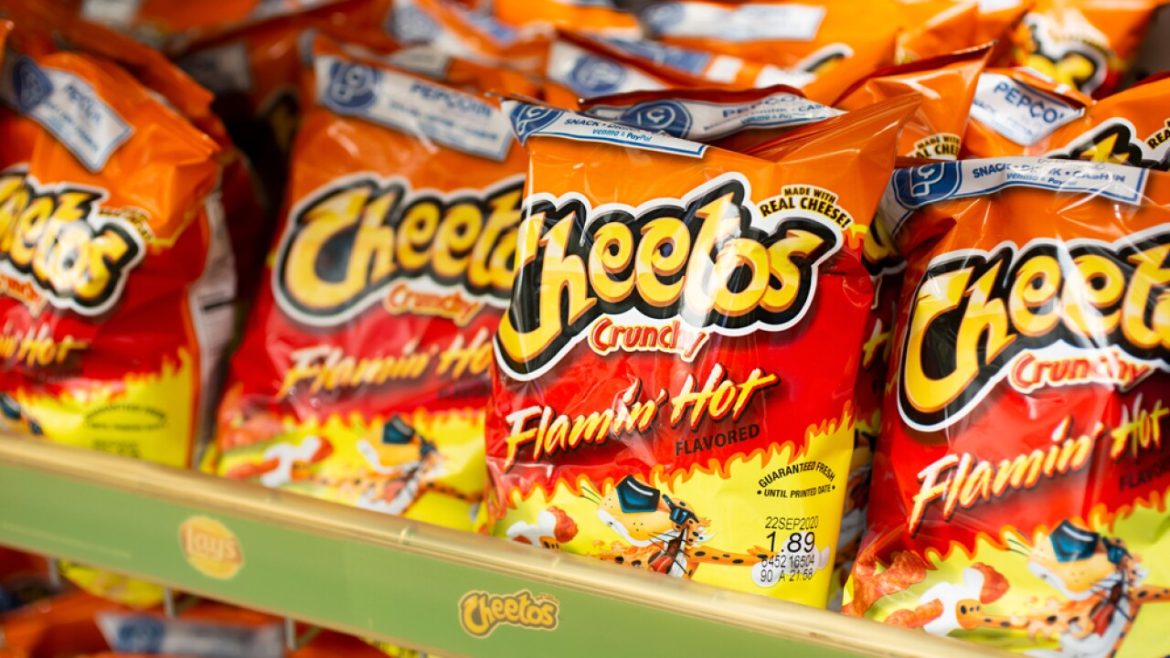In a move aimed at promoting healthier school meals, California lawmakers have voted to ban certain food additives linked to behavioral issues in children from school lunchrooms. The legislation, known as the California School Food Safety Act, targets six synthetic food dyes commonly found in popular snack foods such as Flamin’ Hot Cheetos, Twinkies, and Froot Loops cereal.
The banned ingredients include Blue 1, Blue 2, Green 3, Red 40, Yellow 5, and Yellow 6, which are used to give color to various food products. Advocates for the ban argue that these additives have no nutritional value and are used solely for superficial purposes. They also claim that these substances can cause health problems, including hyperactivity and neurobehavioral issues in some children.
Studies have shown that certain food dyes can be contaminated with carcinogens, which can increase the risk of developing cancer. For example, a 2012 study by the National Institutes of Health found that Red 3 caused cancer in animals, while Red 40, Yellow 5, and Yellow 6 were found to be contaminated with benzidine, a known carcinogen.
The bill’s author, California Assemblymember Jesse Gabriel, believes that this legislation could prompt changes in how these types of foods are marketed to children beyond California. “As a lawmaker, a parent, and someone who struggled with ADHD, I find it unacceptable that we allow schools to serve foods with additives that are linked to hyperactivity and neurobehavioral harms,” Gabriel said.
The California Environmental Protection Agency’s Office of Environmental Health Hazard Assessment has also found that consumption of synthetic food dyes can result in hyperactivity and other neurobehavioral problems in some children.
While the bill does not ban specific food products, it aims to remove the six targeted substances from school lunchrooms. The legislation is set to take effect on December 31, 2027.
California Lawmakers Ban Food Additives Linked to Behavioral Issues in School Lunchrooms
459
previous post

